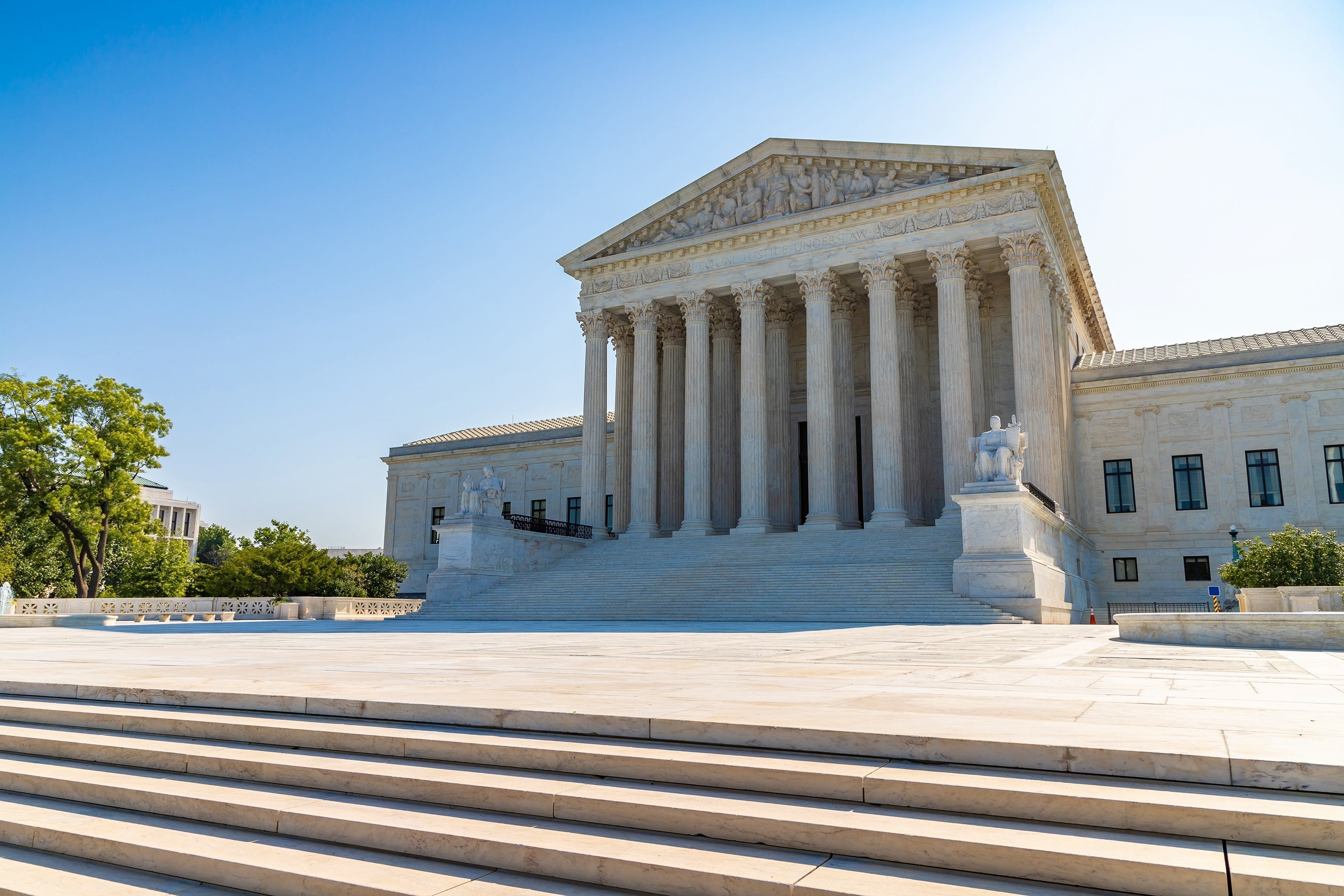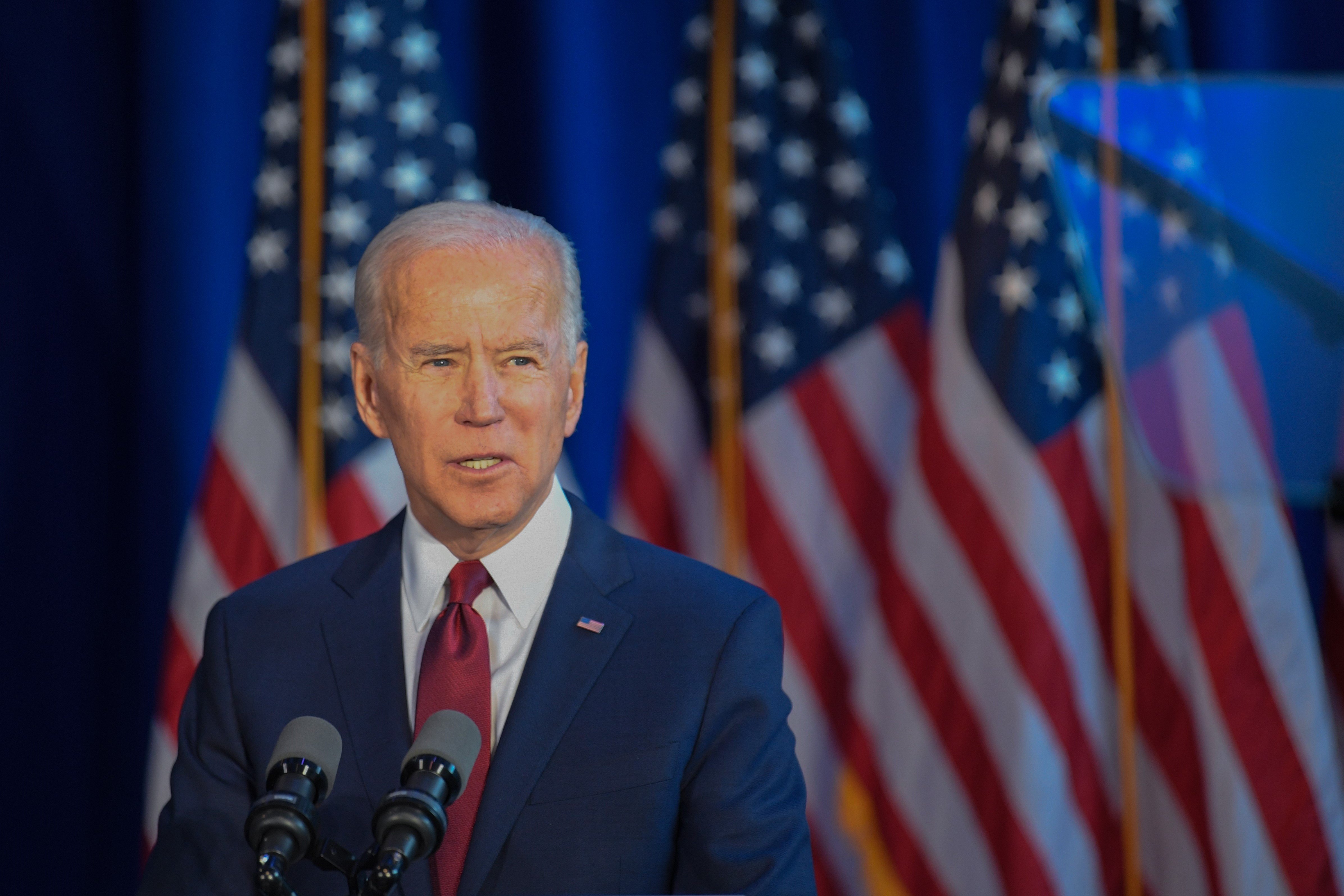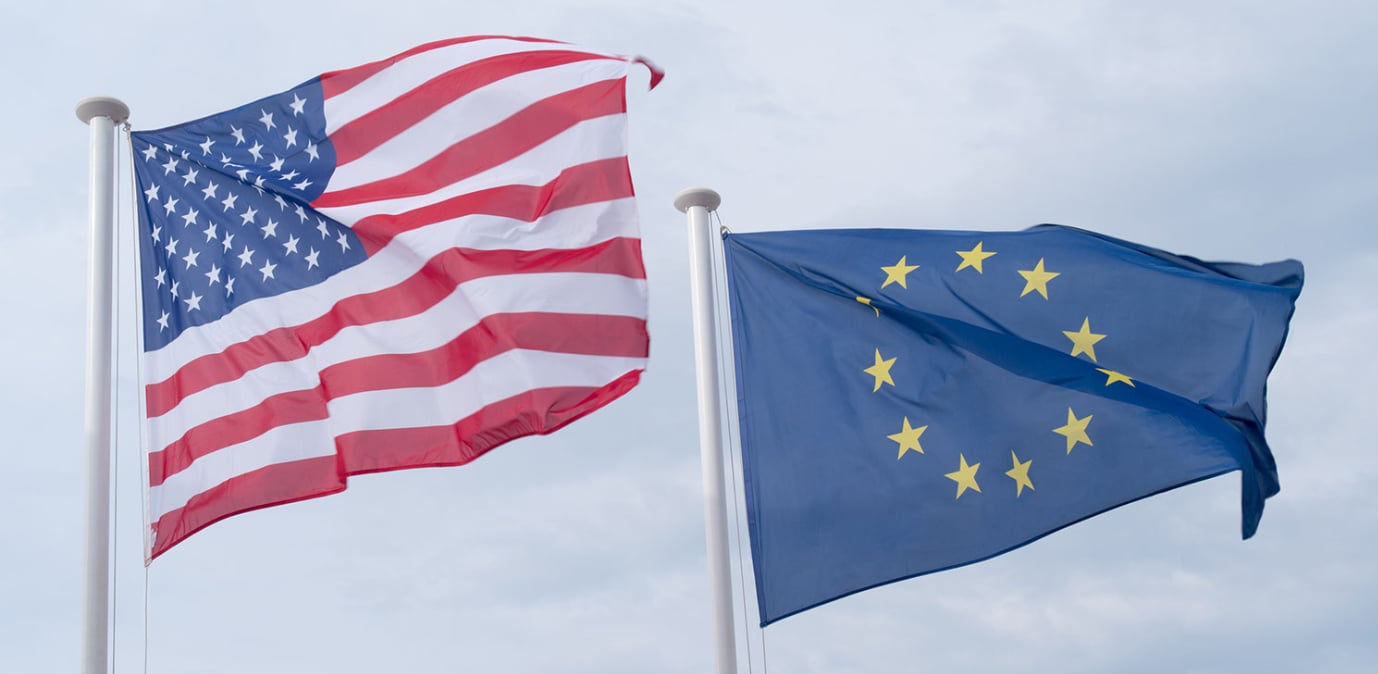On 28 June, the US Supreme Court overturned the ‘Chevron deference’, an administrative law principle allowing federal agencies to interpret and implement statutes with the understanding that federal courts would ultimately defer to those agencies’ interpretation of ambiguous laws. In this blog, we will go over the Supreme Court’s ruling and the implications it could have on the technology sector, with a particular focus on AI.
Supreme Court decision to overturn Chevron Deference signals shift in regulatory abilities
Written by Sameer Surti on 25 Jul 2024
What potholes prevent America's smooth transition to electric vehicles?
Written by Sameer Surti on 18 Aug 2023
The US has witnessed a rapid increase in electric vehicles (EVs) in recent years. In this blog, we will examine the recent actions the US has taken to encourage EV usage and then discuss some challenges the US faces in continuing this growth.
The State of US Tech Regulation in 2023
Written by Sameer Surti on 01 Mar 2023
President Biden, in his State of the Union address laid out his vision for this year. In this blog, Inline Policy will highlight the key tech policy issues on which the Administration and the federal government are focused.
EU-US Trade and Technology Council: new global tech superpower or just another talking shop?
Written by Shane Cumberton on 03 Dec 2021
The recently launched EU-US Trade and Technology Council is a landmark partnership that seeks to advance transatlantic cooperation in trade, economics, and technology. This blog discusses the importance of the partnership and what it plans to achieve, as well as the main policy areas that the Council will explore.
How will Californians' rejection of Assembly Bill 5 impact the gig economy in Europe?
Written by Matthew Niblett on 17 Nov 2020
Amid the fallout from the U.S. election, you might be forgiven for failing to notice that something very significant happened for the gig economy on polling day. Voters in California approved Proposition 22, a ballot measure sponsored by Uber, Lyft, and Postmates, to classify ride hailing and delivery drivers as independent contractors, rather than employees, unless certain criteria are met. This means that, barring a legal challenge or repeal in the California state legislature, the gig economy companies will not have to adhere to Assembly Bill 5. This is a major victory for the sector.
Inline at Five: Reflections on founding and growing a political consulting firm
Written by Shomik Panda on 01 Jul 2019
Inline Policy was launched five years ago as the vision of our Founder, Shomik Panda. In this blog, Shomik reflects on the challenges of starting a business from scratch and some of the highlights of the past five years.
U.S. Federal Communications Commission proposes new net neutrality rules
Written by Inline Policy on 16 May 2014
In a hugely significant development yesterday telecom regulators in the United States voted to proceed with net neutrality rules. Amid protests the vote was passed with three commissioners of the Federal Communication Commission (FCC) voting in favour and two voting against. Tom Wheeler, chairman of the FCC, said that "the consideration we are looking at today is not about whether the internet should be open but how and when we have rules in place to ensure an open internet."
 Insights from Inline Policy listing page
Insights from Inline Policy listing page










